
Affordable Care Act slashed uninsured rate among people with diabetes
The Affordable Care Act (ACA) provided health insurance for an estimated 1.9 million people with diabetes, according to a newly published study.
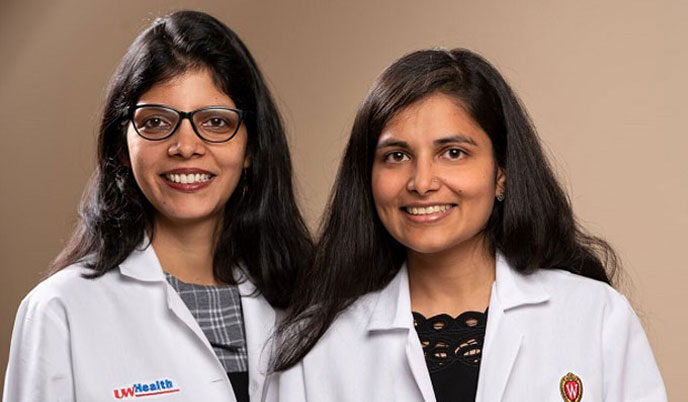
Lupus much more likely to cause cardiovascular problems in Black patients
A population-based study of the autoimmune disease lupus in Black patients shows that the risk of cardiovascular disease is strikingly high in young patients –19 times higher than in non-Blacks in the first 12 years after diagnosis – and may be predicted by a characteristic rash.
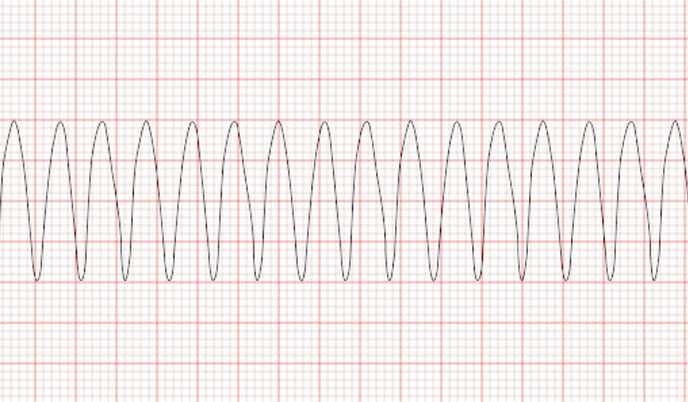
New study finds disparities in cardiac arrhythmia treatment
A large, population-based study has found cardiac ablation for ventricular tachycardia (VT) procedures is more likely to be performed on patients who are white males from wealthier neighborhoods.

Affordable Care Act navigator program boosted insurance enrollment in underserved communities
Funding for the Affordable Care Act navigator program had a positive impact on enrollment, and the private health insurance industry likely would not pick up the slack if the program were cut, according to two recent research publications from the UW School of Medicine and Public Health.

Antibody treatment reduces asthma attacks in children living in disadvantaged urban areas
A monoclonal antibody drug called mepolizumab decreased asthma attacks by 27% in children and adolescents who have a form of severe asthma, are prone to asthma attacks and live in low-income urban neighborhoods, according to a clinical trial sponsored and co-funded by the National Institutes of Health. The majority of the trial’s participants were Black and/or Hispanic—populations that have been under-represented in clinical trials and are at greatest risk for morbidity and mortality from asthma.
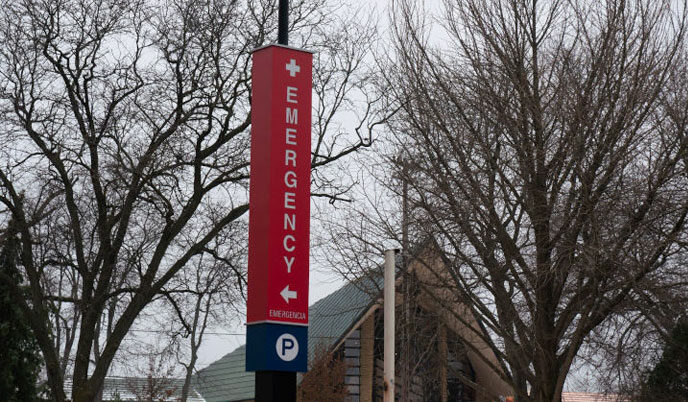
Researchers identify ways to improve emergency care for people living with dementia
A new collection of research papers sets out priority areas to better provide emergency care for people living with dementia in the United States.
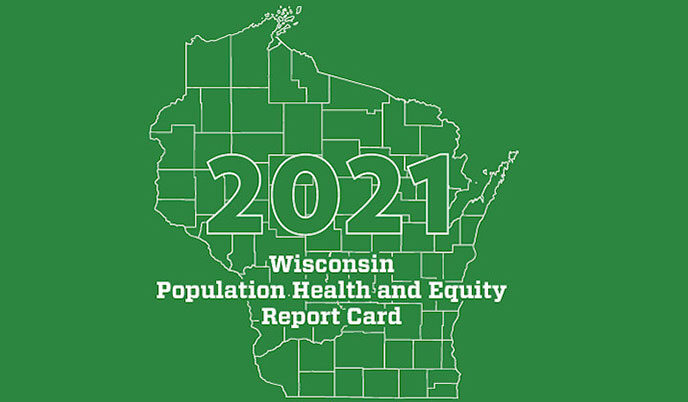
‘C’ for Wisconsin on Population Health Report Card

Rural patients who identify as Black experience higher rates of death and amputation from diabetic foot ulcer
Rural patients who identify as Black are at sharply increased risk of death or leg amputation due to diabetic foot ulcers, according to a new study from the University of Wisconsin School of Medicine and Public Health that analyzed national data on patient outcomes.
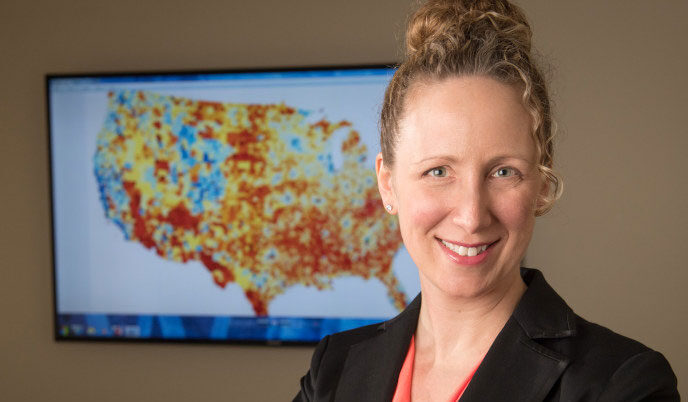
Health disparities expert Amy Kind becomes associate dean for social health sciences and programs
Amy Kind, MD, PhD, will serve as the University of Wisconsin School of Medicine and Public Health’s inaugural associate dean for social health sciences and programs. Kind is a professor of medicine and an international leader in the field of health disparities research.

Lung cancer screening guidelines may perpetuate disparities in health care
Recent changes to national guidelines made more former and current smokers eligible for lung cancer screening, but a new study by a University of Wisconsin School of Medicine and Public Health radiologist shows they did little to close the gap between people of color and white people when it comes to who is eligible to get the scan.
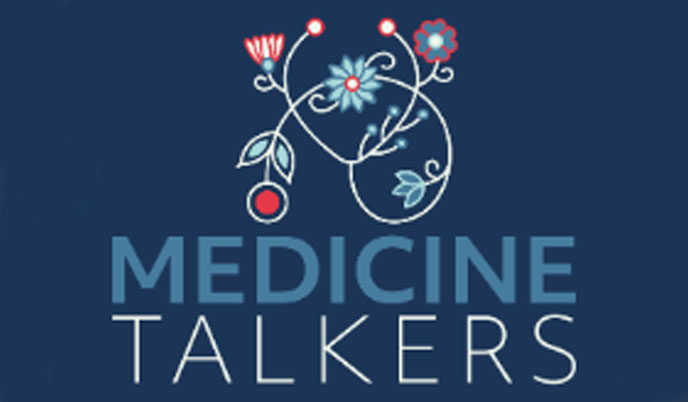
UW School of Medicine and Public Health honors Native American Heritage Month
November marks Native American Heritage Month in the United States and the University of Wisconsin School of Medicine and Public Health reaffirms its commitment to advancing the health of Native Americans and increasing the representation of Native Americans in the health care workforce.
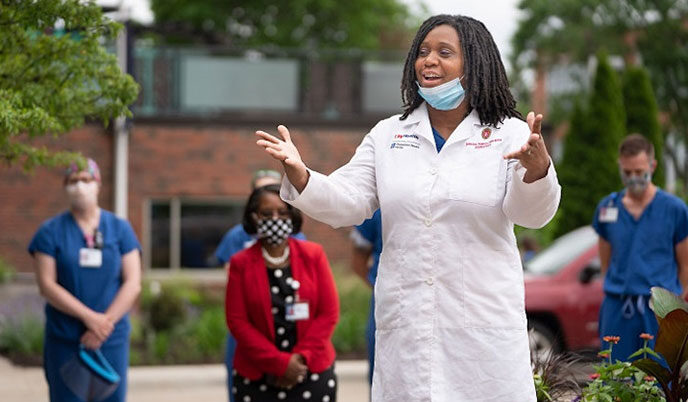
Jasmine Zapata recognized as ‘Superhero of Medicine’ by Wisconsin Medical Society
Jasmine Zapata, MD, MPH, assistant professor of pediatrics, didn’t expect to be called a superhero in her evening mail. But one night during a tiring week in late 2019 while sorting through mail she spotted a letter from the Wisconsin Medical Society. To her total surprise, she’d been named their next Superhero of Medicine.